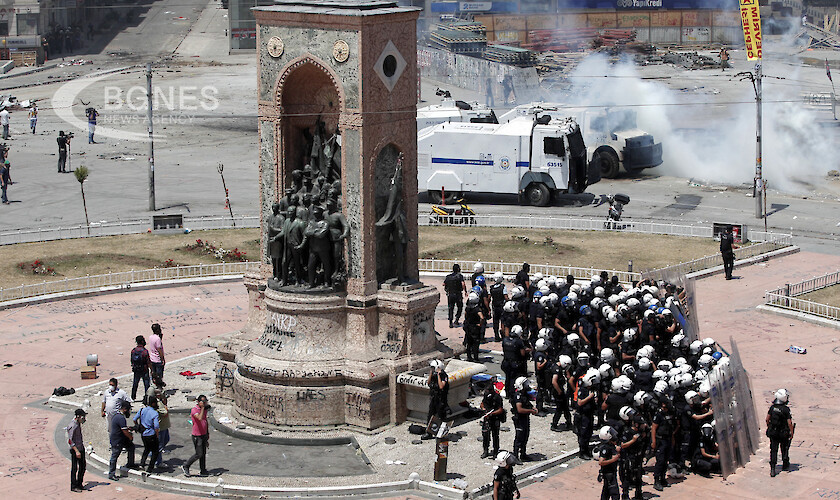Turkey: Anti-terrorism law has far-reaching consequences for human rights, says the Venice Commission
Turkey’s recently-introduced law on the prevention of financing of the proliferation of weapons of mass destruction (Law No. 7262) goes beyond international requirements and might have far-reaching consequences for basic human rights, according to an opinion from the Council of Europe’s Venice Commission of legal experts.

Whilst recognising the difficult security situation faced by Turkey, the Venice Commission underlined that Council of Europe member states must comply with all their international legal obligations, including international human rights law, when taking steps to counter terrorism.
The Venice Commission noted with concern that – by applying to all associations, irrespective of their goals and activities – Law No. 7262 goes beyond the scope of recommendations from the Financial Action Task Force (FATF) and UN Security Council resolutions on combating the financing of the proliferation of weapons of mass destruction.
The opinion, which was published late on 6 July, states that the provisions of the law lead to far-reaching consequences for basic human rights, in particular freedom of association and freedom of expression, as well as the right to a fair trial.
Specific concerns highlighted by the Venice Commission include indiscriminate new provisions on aid collection, the lack of transparency for the risk assessment of NGOs and the ability of the authorities to remove the board members of an association and replace them with trustees without consulting with the members of the NGO concerned or its board, before such appointment as a guarantee that the trustees take the best interests of the NGO into consideration. In addition, the Venice Commission underlined the risks of disproportionate sanctions because of a substantial increase in fines and penalties for breach of auditing obligations. Moreover, the Venice Commission observed that the power of inspectors to request information appears as too broad and should in particular be exercised in conformity with the right to privacy of the stakeholders.
The Venice Commission also regrets that the law was adopted in a rushed manner without any meaningful consultation with civil society and other stakeholders, which it describes as problematic from a democratic perspective.
Law No. 7262 on Preventing the Financing of the Proliferation of Weapons of Mass Destruction, amending, inter alia, Laws on Aid Collection and Associations, was approved by the Turkish Grand National Assembly on 27 December 2020. It entered into force four days later.
In February 2021, the Committee on Legal Affairs and Human Rights of the Parliamentary Assembly of the Council of Europe asked the Venice Commission for an opinion on the compatibility of the new law with international human rights standards. /BGNES




